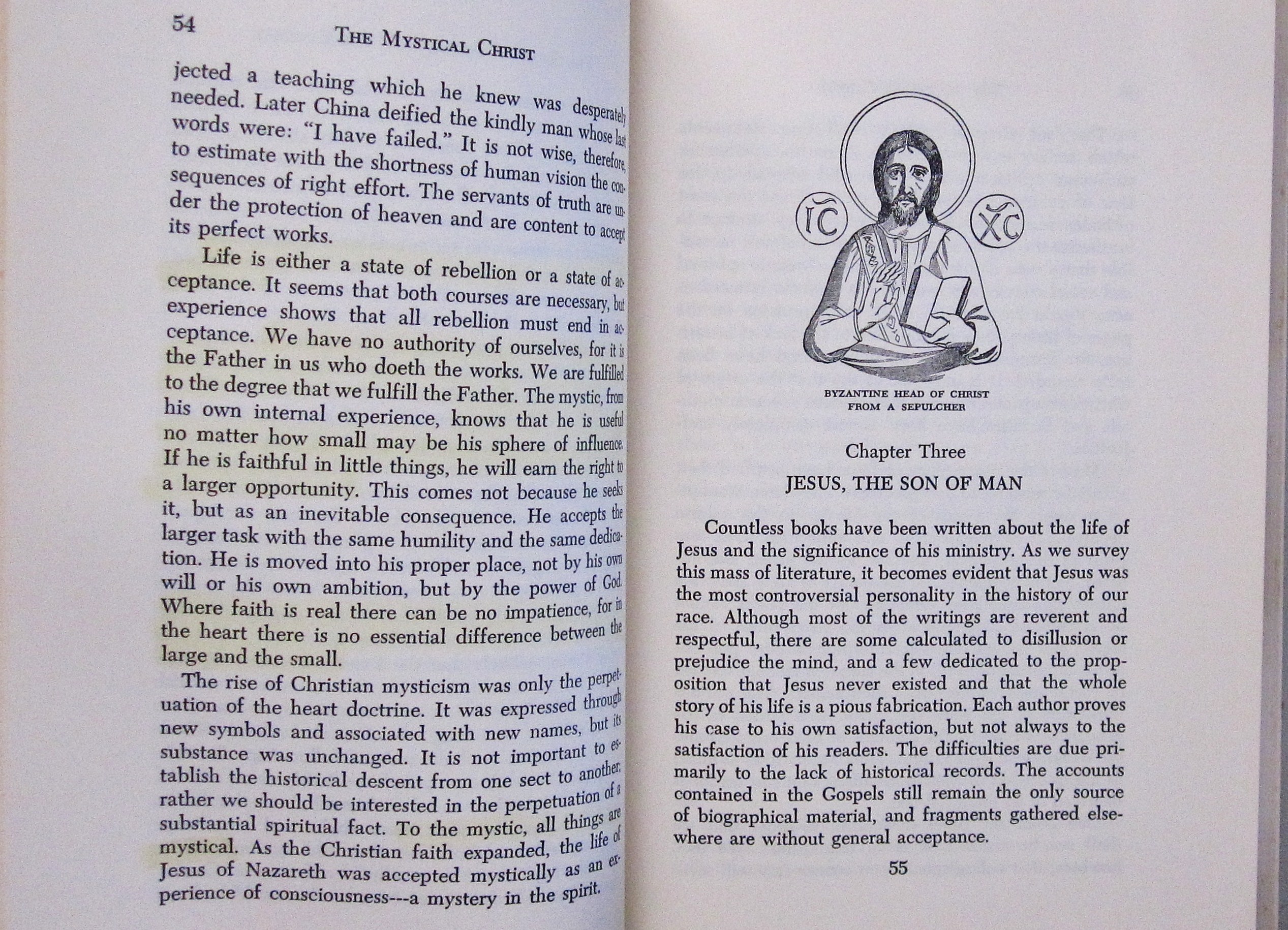In this article, we will ask the question, “Are the twelve apostles in the body of the mystical christ?” It is important here for the reader to understand that this question is not whether the twelve apostles were saved or lost. Rather, the question pertains to whether the twelve apostles were transferred into the body of Christ when the new dispensation was revealed to Paul, or whether they remained a part of Israel’s kingdom program. A third alternative is that they obtained sort of a “dual hope,” receiving the benefits and blessings of both the kingdom program and the dispensation of grace.
To some, the question itself may seem irrelevant or even ridiculous, much like the proverbial debates of how many angels can dance on the head of a pin. But before examining the evidence of Scripture on the subject, let us first show the importance of the issue. It certainly would not matter to us whether God chose to place the twelve apostles into the body or not. God can do as He pleases, and it would not affect the wonderful blessings of grace which we enjoy as members of the body of Christ. However, seeing the twelve apostles (and all kingdom saints living at the time) as part of the body of Christ raises HUGE questions with regard to their teachings and writings. For example, if Peter was added to the body of Christ after the dispensation of grace was revealed to Paul, are we to take Peter’s epistles as instructions to the body of Christ? Are we to understand that Peter is telling the body of Christ that we are “a royal priesthood, (and) an holy nation” (1 Peter 2:9a)? If so, what “nation” are we? And how does Peter’s statement that “baptism doth also now save us” (1 Peter 3:21a) square with Paul’s affirmation that Christ sent him “not to baptize, but to preach the gospel” (1 Cor. 1:17a)? And with regard to the return of Christ, Peter has his readers “Looking for and hastening unto the coming day of God, wherein the heavens being on fire shall be dissolved, and the elements shall melt with fervent heat” (2 Peter 3:12), whereas Paul tells us to be “Looking for that blessed hope, and the glorious appearing of the great God and our Saviour Jesus Christ” (Titus 2:13).
The two positions regarding this question are known as the “twelve-in” and the “twelve-out” positions. In answering the question of whether the twelve apostles were added to the body of Christ we will present Scriptural evidence that they were not, and we will answer objections to the “twelve-out” position.
Perhaps the most striking distinction between God’s plan and purpose for Israel and His plan and purpose for the church, the body of Christ, is the positions they occupy (and will occupy for all eternity). It has often been said that Israel’s was an “earthly” hope. By this, we do not mean that their hope and destiny is unspiritual in any way. When Christ establishes His kingdom, it will be a very spiritual kingdom, but it will take place upon the earth. Zechariah prophesies that some day “the LORD shall go forth, and fight against those nations, as when he fought in the day of battle. And his feet shall stand in that day upon the mount of Olives…” (Zechariah 14:3,4a). Then he goes on to say, “And the LORD shall be king over all the earth: in that day shall there be one LORD, and his name one” (Zechariah 14:9). And who is the “LORD” who will do this? It is none other than Jesus Christ Himself! He speaks of this in Matthew 25:31, “When the Son of man shall come in his glory, and all the holy angels with him, then shall he sit upon the throne of his glory.” And to the twelve apostles He promises, “Verily I say unto you, That ye which have followed me, in the regeneration when the Son of man shall sit in the throne of his glory, ye also shall sit upon twelve thrones, judging the twelve tribes of Israel” (Matthew 19:28). All of this is in accordance with God’s great kingdom promises to Israel that “the meek shall inherit the earth” (Psalm 37:11a; cf. Matthew 5:5) and “the righteous shall inherit the land and dwell therein forever” (Psalm 37:29).
But to “the church which is his body” (see Ephesians 1:22,23), Paul writes, “And hath raised us up together, and made us sit together in heavenly places in Christ” (Ephesians 2:6). And to the Philippian believers, “For our conversation (lit. `citizenship’) is in heaven; from whence also we look for the Saviour, the Lord Jesus Christ” (Philippians 3:20). And, of course, some day “the Lord shall descend from heaven with a shout, with the voice of the archangel, and with the trump of God: and the dead in Christ shall rise first: Then we which are alive and remain shall be caught up together with them in the clouds, to meet the Lord in the air: and so shall we ever be with the Lord” (1 Thessalonians 4:16,17). Paul refers to all of this as our “blessed hope” (see Titus 2:13).


